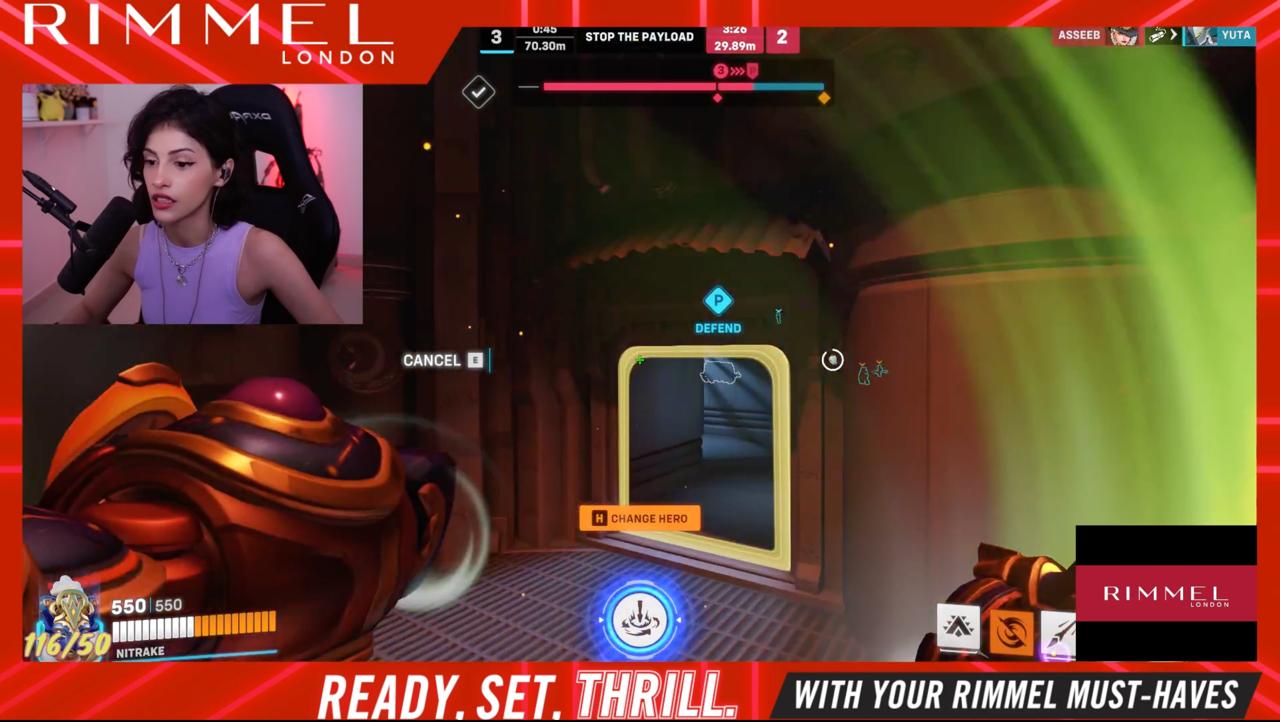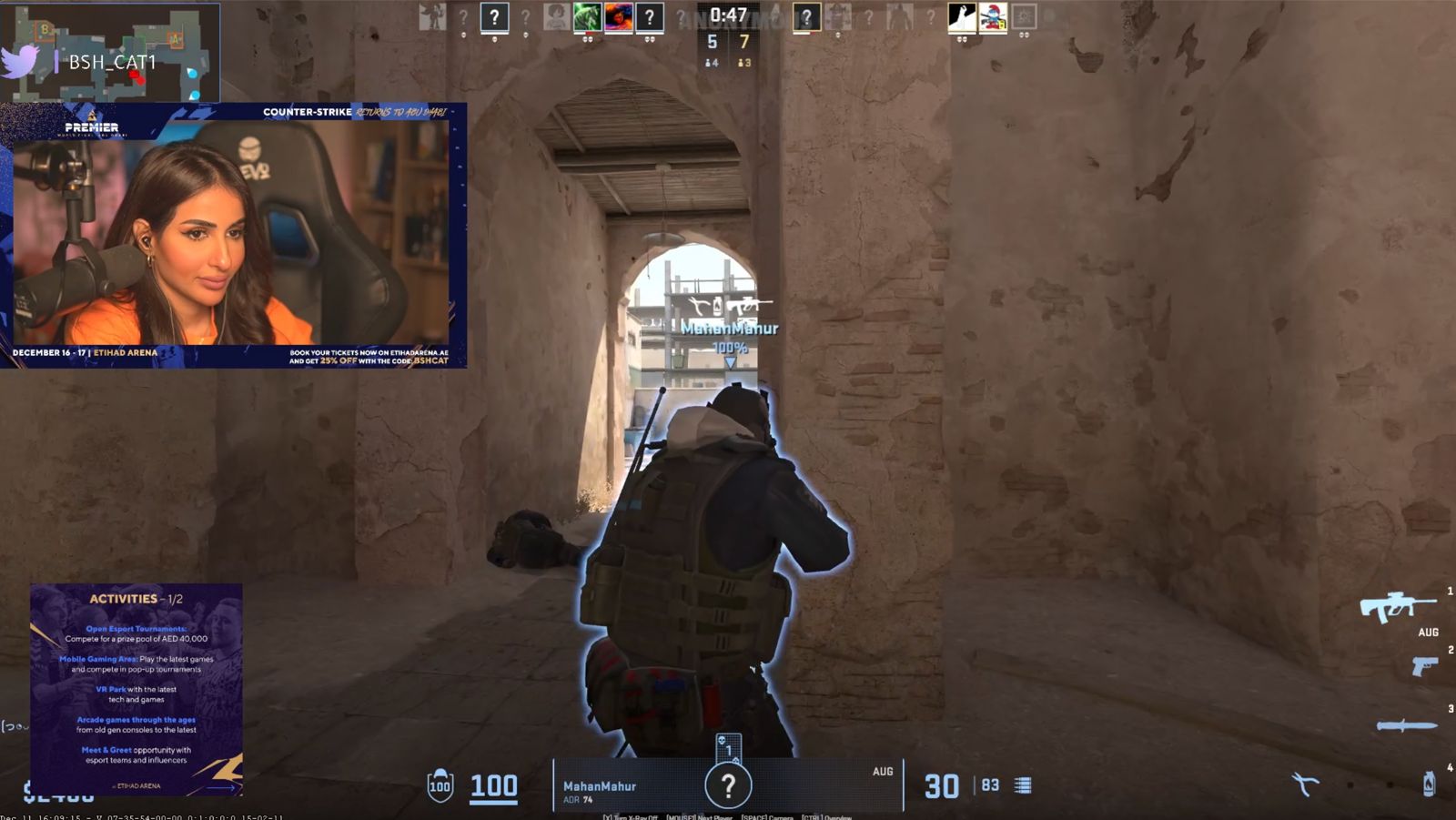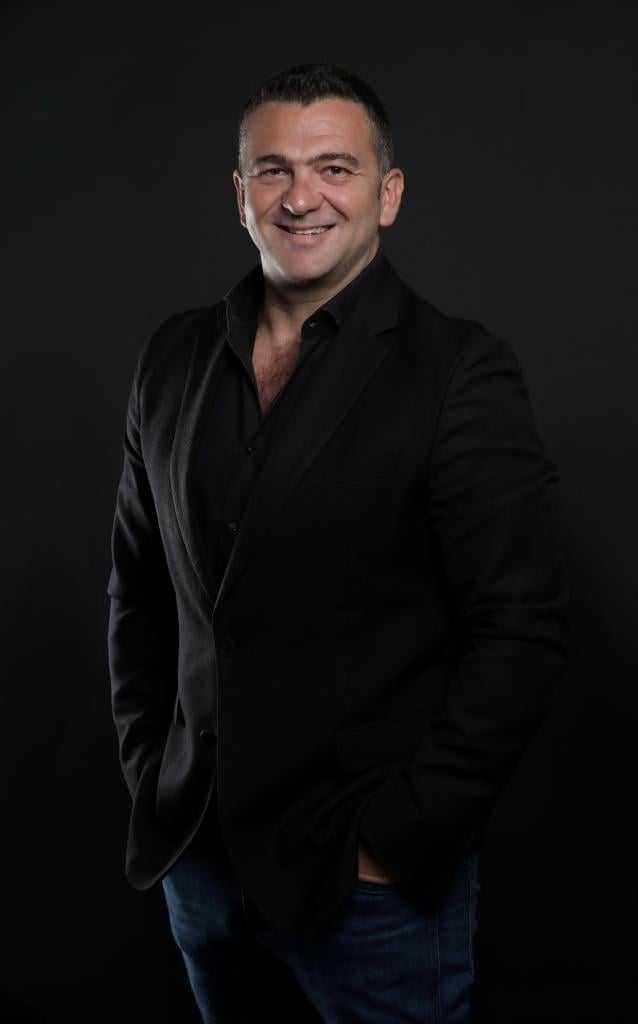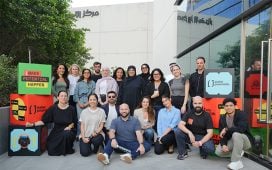 There are literally hundreds of ways in which brands can engage in the gaming space, from traditional media buys on mobile games through to fully immersive experiences built on platforms such as Roblox and Fortnite and everything in between.
There are literally hundreds of ways in which brands can engage in the gaming space, from traditional media buys on mobile games through to fully immersive experiences built on platforms such as Roblox and Fortnite and everything in between.
This is no fad but a trend that will continue to gain momentum globally. The simple reason behind this is the fact that more people use gaming as their primary source of entertainment. At DIVISION, we believe that this comes down to 3 major factors.
Audience engagement
Gaming is not a passive activity but one that demands active engagement from its audience. Whether that’s playing a game or consuming gaming content, engagement levels are known to be as high as 70 per cent higher than other forms of entertainment.
Therefore, when a brand deploys campaigns in gaming, and it’s done with relevance and authenticity we see much higher levels of engagement from the audience.
With a recent campaign we ran for a technology brand in the region we saw not only an average brand visibility per viewer of around 7 minutes, but a CTR of 17 per cent. These standard metrics immediately show us that when a brand deploys in gaming the results of the activity far exceed that of other digital media.

DIVISION works with gamers to deploy brand messaging during live streams and through these campaign executions we are able to ensure that the brand message is not only deployed multiple times during a stream (averaging around 2.5 hours) but it is done with relevance and authenticity.
Bringing the brand into the gameplay and narrative with such relevance and authenticity will always guarantee a higher level of engagement and memorability from the audience.
Audience attention
The world has changed from one of information scarcity to one of information abundance. The problem is that information abundance is now joined with attention scarcity. Therefore, by treating our audience attention as a scarce commodity, brands must find new meaningful ways in which to capture this attention. This is largely done through great storytelling in the right place at the right time.
Through gaming, brands can merge their brands message into the actual gameplay or narrative of the gamer that an audience is actually watching. By integrating your brand organically into gaming, audience attention will remain high effectively leading to high memorability.
We saw this happen with a confectionary brand we worked with recently. We ran a 4-week live streaming activity where over the 4 weeks we had an audience view time of over 44 years (over 2.5 million unique viewers) and a live brand mentions of nearly 53,000 during those live streams.

This demonstrates that not only did we reach our desired audience, but that audience was actively involved in the activity and their attention was firmly set on the content they were consuming.
Creative expression
Consumers identify themselves with brands through the brand’s creative expression. Why do people prefer a BMW over a Mercedes-Benz, or Coke versus Pepsi? It’s because of how they associate or identify themselves towards those specific brands.
With the advancement in the gaming space with technology such as unreal engine, brands can build full experiences for their consumers to fully immersive themselves into these brand worlds.
This form of creative expression enables brands to welcome their consumers into their world beyond a 15 second pre-roll ad, but rather minutes if not hours of deep brand building opportunities.
We see many brands across all sectors now exploring this on games such as Fortnite and Roblox and this is a trend that will continue to evolve.
We do not believe that this is a ‘either/or’ scenario but an ‘and’ scenario where if planned correctly brands can add gaming to their marketing arsenal and further build equity with their valuable consumers.
By Nabil Moutran, Founder & CEO, DIVISION









